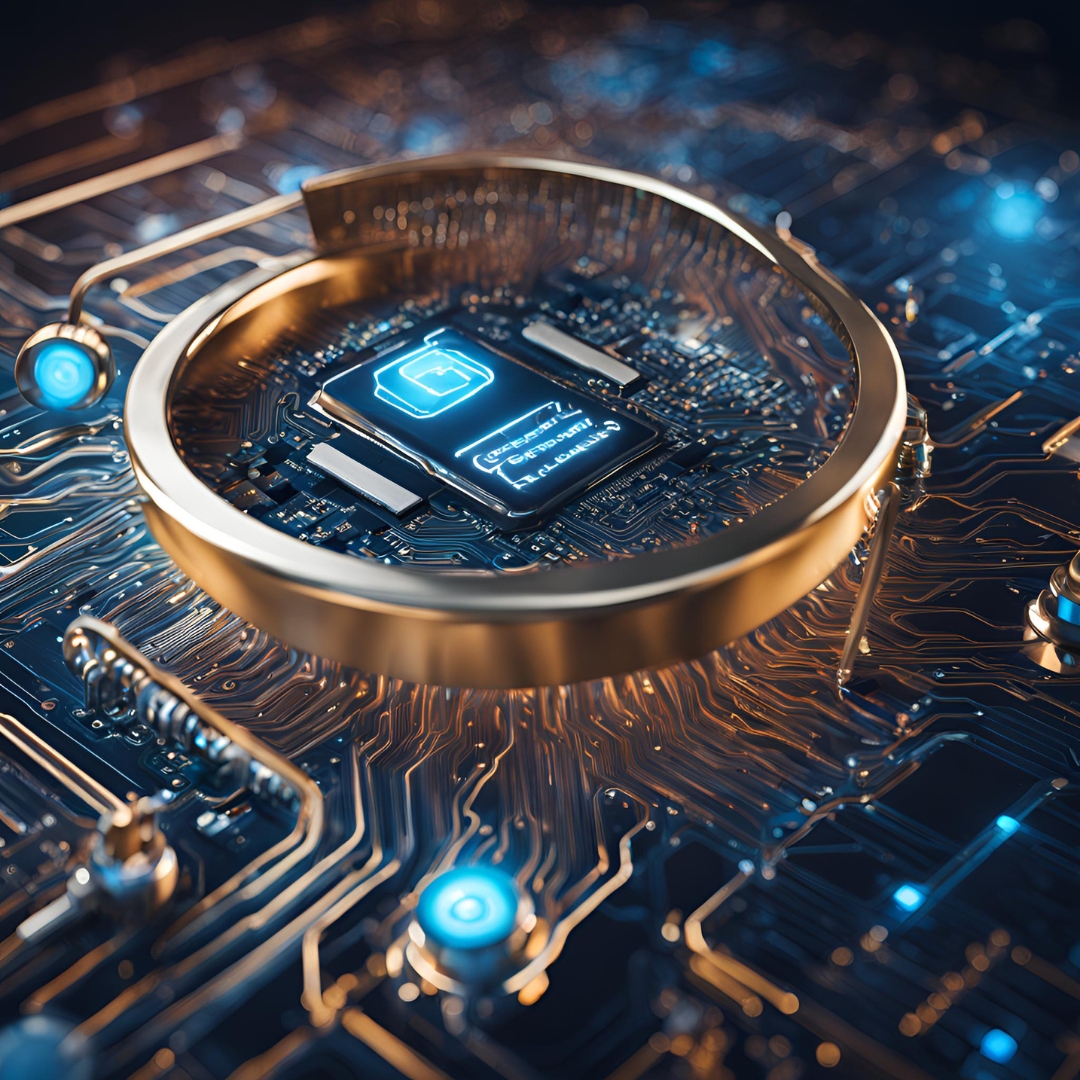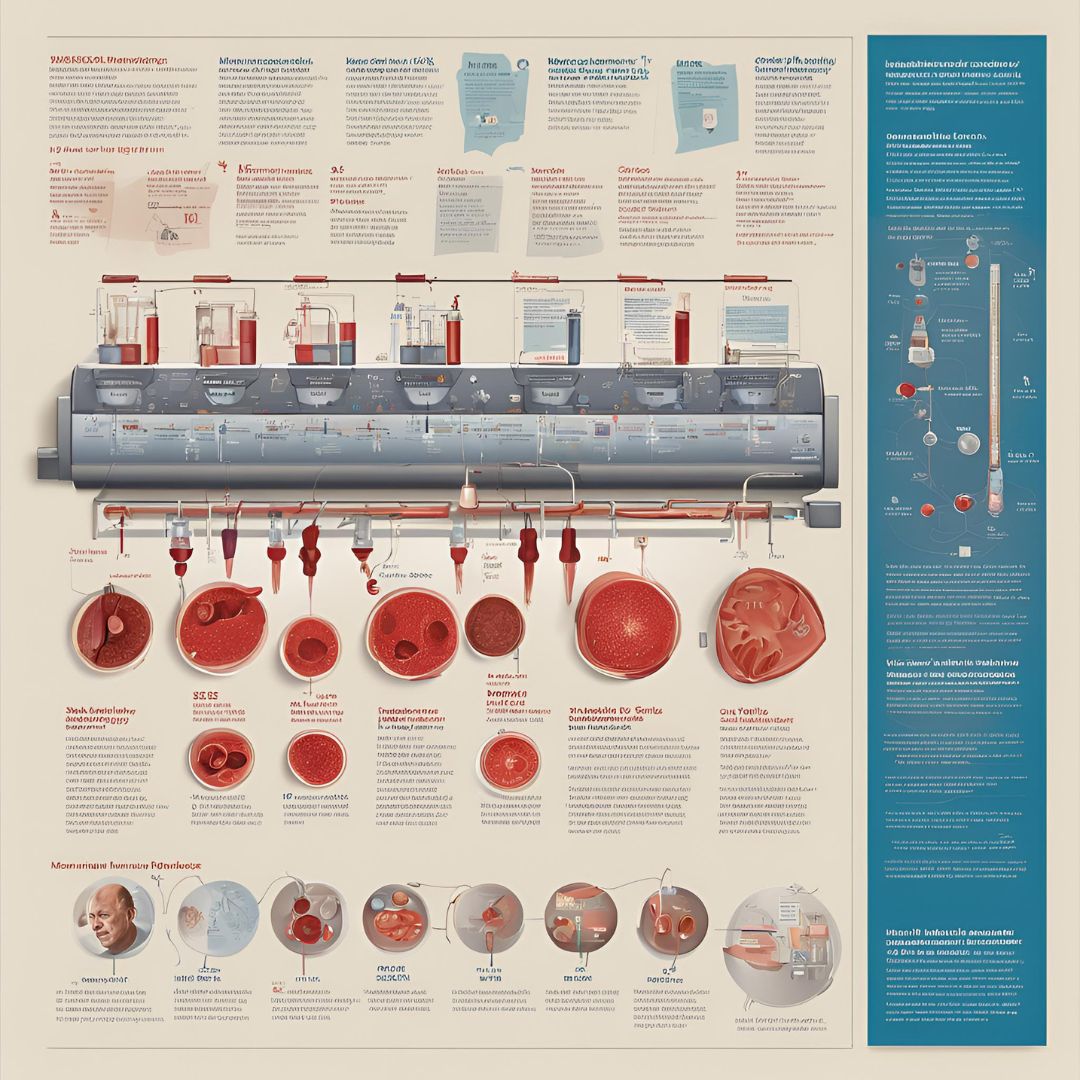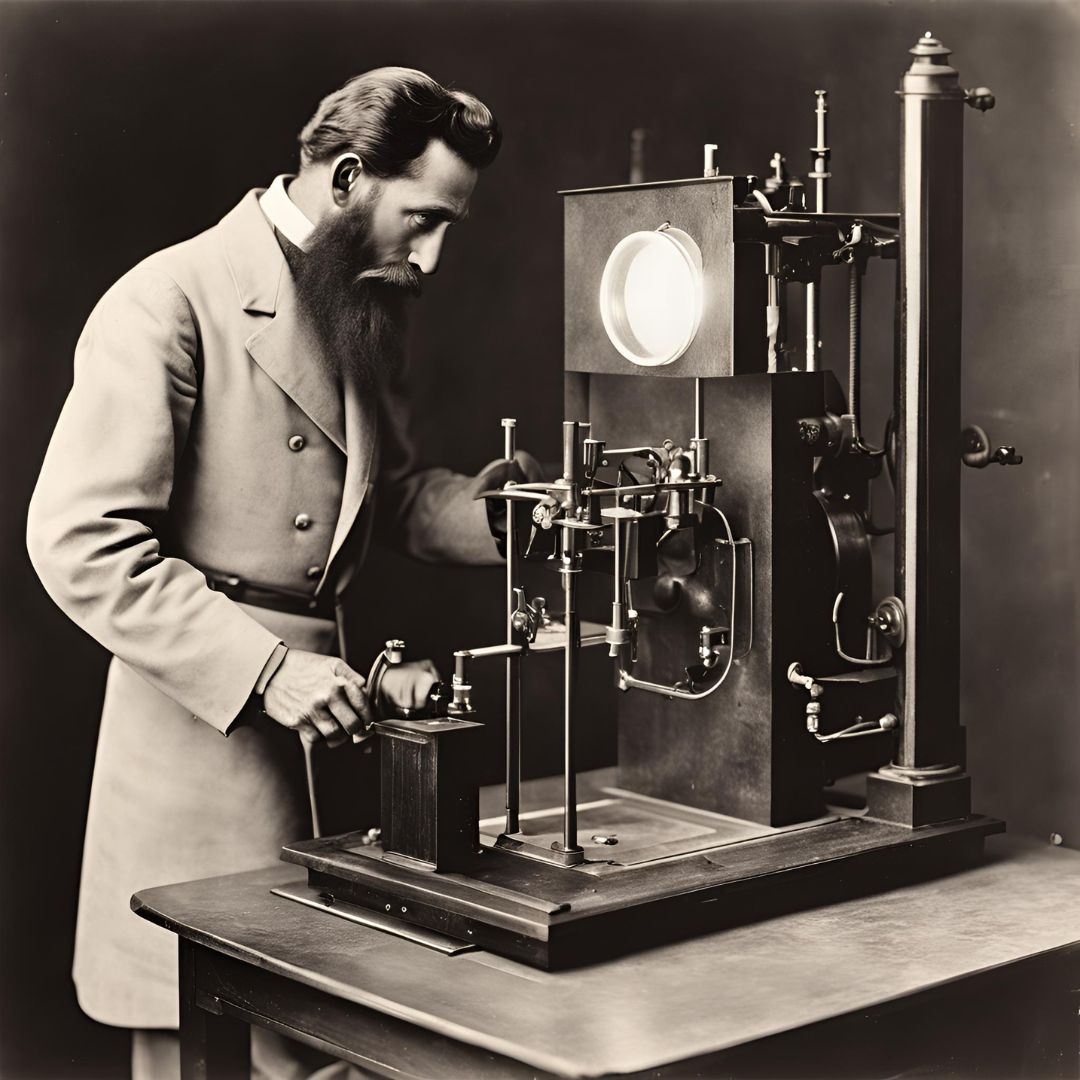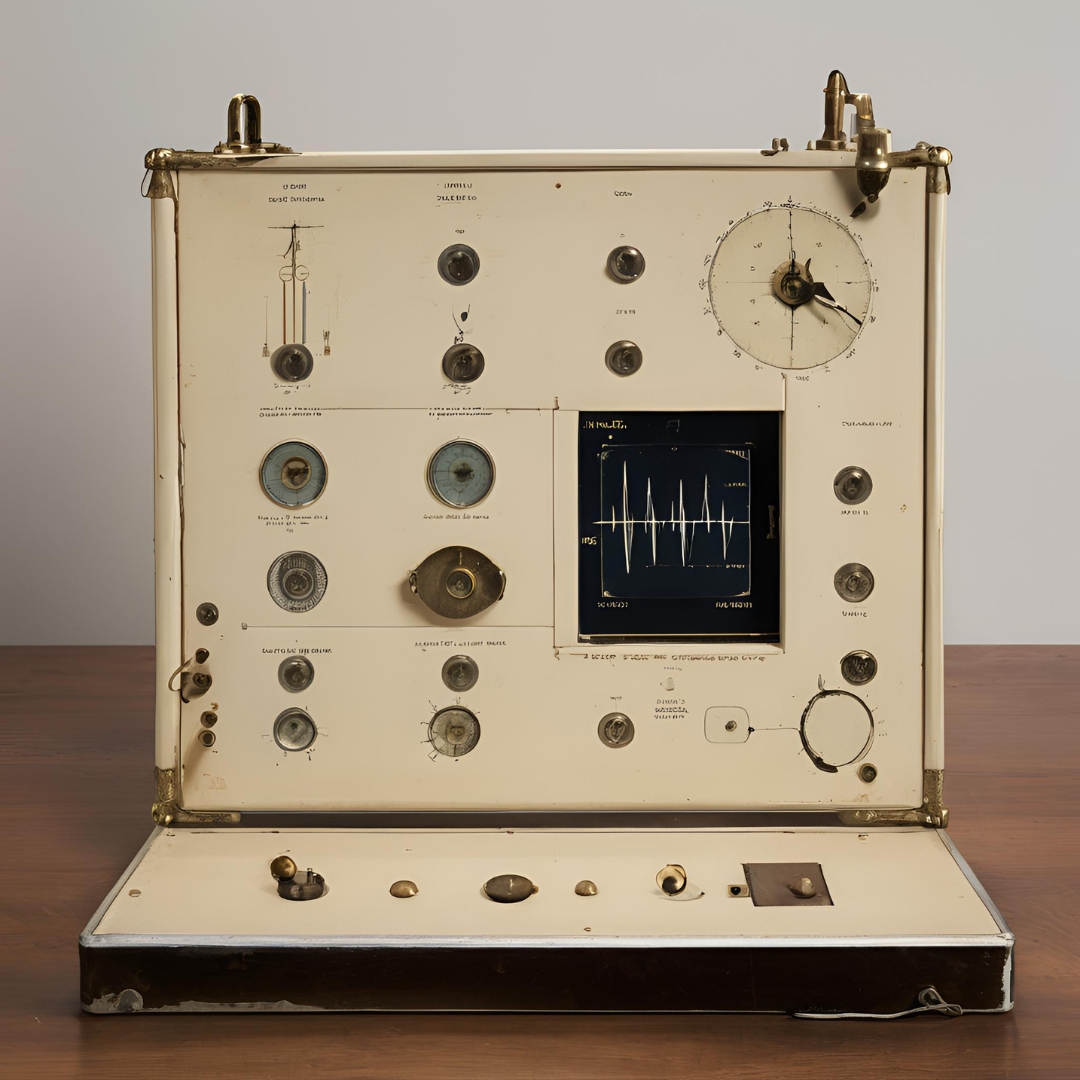In an era where healthcare is increasingly intertwined with technology, the role of biomedical cybersecurity has never been more crucial. I’ve seen how digital systems in healthcare have revolutionized patient care. Yet, this evolution brings significant cybersecurity challenges. We must address these to protect sensitive medical data and ensure patient safety. This article explores the importance of cybersecurity in biomedical engineering. We’ll discuss the risks it poses and how to protect the future of healthcare.
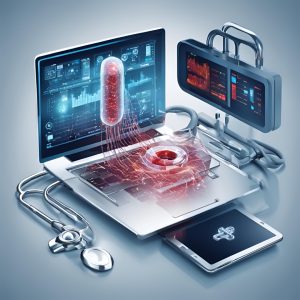
Understanding the Risks: Biomedical devices, like pacemakers and insulin pumps, are more connected than ever. They often rely on networks to function effectively. While this connectivity enhances patient care, it also opens the door to potential cyber threats. Hackers can exploit vulnerabilities in these devices, leading to unauthorized access, data breaches, and even life-threatening situations. A cyberattack in the biomedical field can have far-reaching consequences. Engineers, healthcare providers, and cybersecurity experts must collaborate to develop robust security measures.
The Impact of Cybersecurity Breaches A cybersecurity breach in a biomedical device or system can have devastating effects. Imagine a scenario where a hacker gains control of a pacemaker or insulin pump—this could lead to disastrous outcomes for the patient. Beyond the immediate physical risks, there’s also the issue of data privacy. Patients’ medical records contain sensitive information that, if compromised, can lead to identity theft, insurance fraud, and a loss of trust in the healthcare system.
Current Challenges in Biomedical Cybersecurity One of the primary challenges in biomedical cybersecurity is the need to balance security with usability. Medical devices must be easy for healthcare providers to use while maintaining strict security protocols. Additionally, the rapid pace of technological advancements means that new vulnerabilities are constantly emerging. Keeping up with these changes requires ongoing vigilance and a proactive approach to cybersecurity.
Another significant challenge is the regulatory environment. While there are guidelines and standards in place, such as the FDA’s cybersecurity guidance for medical devices, ensuring compliance across the industry can be difficult. Moreover, the lack of standardized security practices across different devices and systems can create gaps that hackers may exploit.
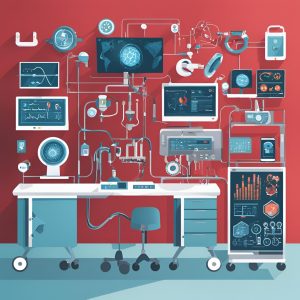
Strategies for Enhancing Biomedical Cybersecurity To address these challenges, several strategies can be employed:
- Implementing Robust Encryption: Ensuring that data transmitted between biomedical devices and healthcare systems is encrypted can help protect against unauthorized access. This includes both data in transit and data at rest.
- Regular Software Updates and Patch Management: Keeping the software of medical devices and systems up-to-date is crucial. Regular updates and patches can fix known vulnerabilities, reducing the risk of cyberattacks.
- Conducting Comprehensive Risk Assessments: Regularly assessing the cybersecurity risks associated with biomedical devices and systems allows for the identification and mitigation of potential threats before they can be exploited.
- Collaboration Across Disciplines: Cybersecurity is not just the responsibility of IT professionals; biomedical engineers, healthcare providers, and regulatory bodies must work together to ensure that devices are secure by design.
- Educating Healthcare Professionals: Training healthcare professionals on the importance of cybersecurity and how to recognize potential threats can help prevent attacks from occurring in the first place.
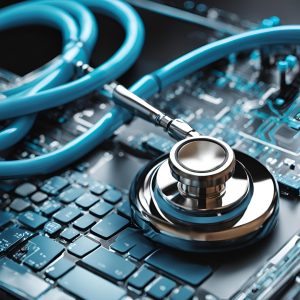
The Future of Biomedical Cybersecurity As technology continues to evolve, so too will the threats to biomedical devices and systems. The future of healthcare depends on our ability to stay ahead of these threats by developing more advanced security measures. This includes the use of artificial intelligence and machine learning to detect and respond to cyber threats in real-time.
More devices are becoming connected through the Internet of Medical Things (IoMT). As this happens, the need for a comprehensive cybersecurity framework is becoming even more critical. Prioritizing cybersecurity in the design and deployment of biomedical devices is essential. This approach ensures that we keep the risks from overshadowing the benefits of healthcare technology.
